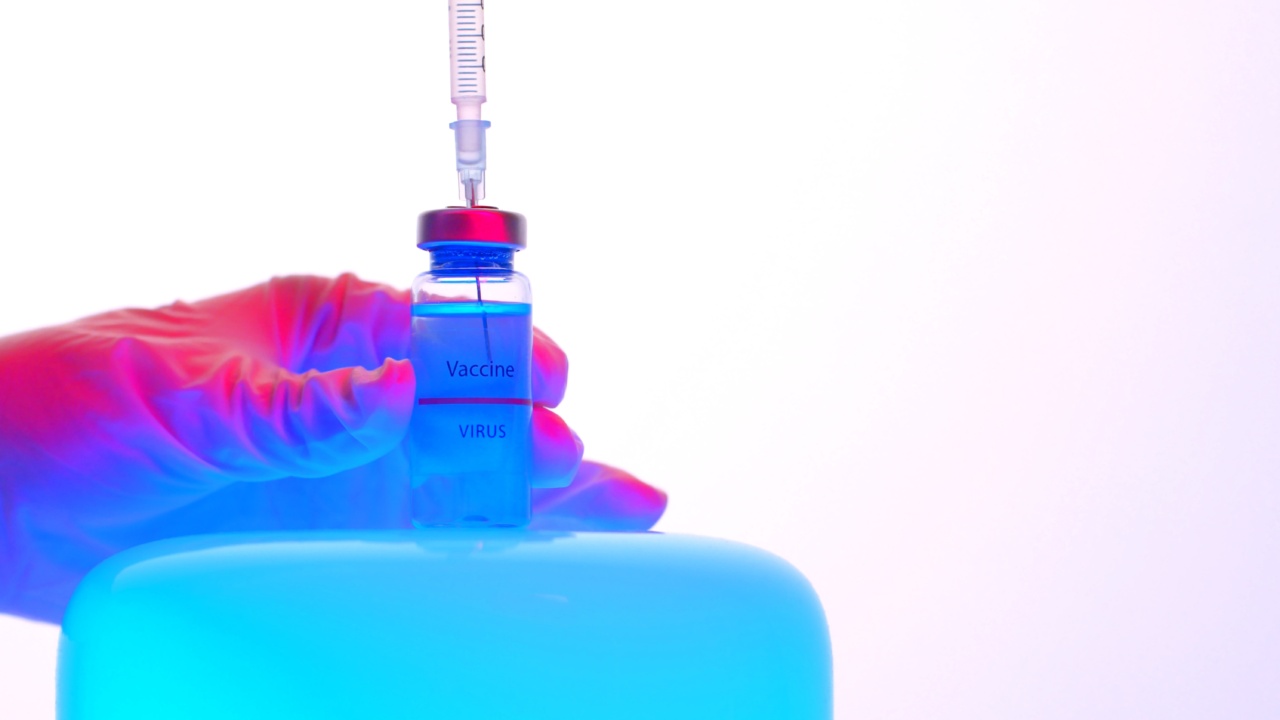Experiencing pain in the bladder or urethra can be discomforting and can affect daily activities and quality of life. Understanding the possible causes and seeking medical attention can help treat the underlying condition and relieve the discomfort.
Below are some possible reasons for pain in the bladder or urethra:.
Urinary tract infection (UTI)
A UTI is a common condition where bacteria infect the urinary tract, including the bladder and urethra.
The infection can cause pain or burning sensation during urination, frequent urge to urinate, cloudy or strong-smelling urine, and pain in the lower abdomen or back. UTIs are more common in women than men and can be treated with antibiotics prescribed by a doctor.
Interstitial cystitis (IC)
IC is a chronic condition where the bladder wall becomes inflamed and irritated, leading to pain and discomfort.
The cause of IC is not known, but it may be related to an autoimmune reaction or the lining of the bladder becoming vulnerable to irritation. Symptoms include pain or pressure in the bladder or pelvic area, frequent urination, and pain during sexual intercourse. IC can be managed with medications, bladder retraining, and lifestyle changes.
Kidney stones
Kidney stones are hard mineral deposits that can form in the kidneys and move through the urinary tract. The stones can cause pain in the back or side, lower abdomen, and groin area, along with pain during urination and the urge to urinate frequently.
Small stones may pass through the urine without medical intervention, but larger ones may require surgery or other procedures to break them down or remove them.
Bladder cancer
Bladder cancer is a type of cancer that affects the tissues lining the bladder. Symptoms include blood in the urine, pain during urination, urge to urinate frequently, and pain in the lower back or abdomen.
The risk of bladder cancer increases with age, smoking, exposure to certain chemicals, and previous radiation therapy. Treatment options for bladder cancer include surgery, chemotherapy, and radiation therapy.
Prostatitis
Prostatitis is a condition where the prostate gland becomes inflamed and swollen, leading to pain and discomfort in the pelvic area and genitals.
The cause of prostatitis is not known, but it may be related to bacterial infection or a problem with the immune system. Symptoms include painful urination, frequent urination, and difficulty passing urine. Treatment options for prostatitis include antibiotics, anti-inflammatory medications, and lifestyle changes.
Sexually transmitted infections (STIs)
STIs such as gonorrhea, chlamydia, and herpes can cause pain and discomfort in the genital area, including the bladder and urethra. Symptoms include painful urination, discharge from the genitals, and pain during sexual intercourse.
STIs can be treated with antibiotics or antiviral medications but can cause long-term complications if left untreated.
Urethritis
Urethritis is a condition where the urethra becomes inflamed and irritated, leading to pain and discomfort during urination. The cause of urethritis can be bacterial or viral infection, irritation from chemicals, or injury.
Symptoms include painful urination, discharge from the urethra, and frequent urge to urinate. Treatment options for urethritis include antibiotics, anti-inflammatory medications, and lifestyle changes.
Overactive bladder (OAB)
OAB is a condition where the bladder muscles contract involuntarily and cause the urge to urinate frequently. OAB can also cause pain and discomfort in the bladder and pelvic area.
The cause of OAB is not known but may be related to nerve damage or muscle dysfunction. Treatment options for OAB include medication, bladder retraining, and lifestyle changes.
Bladder outlet obstruction (BOO)
BOO is a condition where the flow of urine is blocked or restricted, leading to a buildup of urine in the bladder and causing pain and discomfort. BOO can be caused by an enlarged prostate in men, scar tissue, or tumors blocking the urethra.
Symptoms include difficulty passing urine, weak urine stream, and frequent urge to urinate. Treatment options for BOO depend on the underlying cause and may include medication, surgery, or other procedures to relieve the blockage.
Neurogenic bladder
Neurogenic bladder is a condition where the nerves controlling the bladder muscles are damaged, leading to problems with storing or releasing urine.
This condition can cause pain and discomfort in the bladder and pelvic area, along with frequent urge to urinate or difficulty passing urine. Neurogenic bladder can be caused by conditions such as multiple sclerosis, spinal cord injury, or diabetes. Treatment options for neurogenic bladder include medications, bladder training, and catheterization.






























